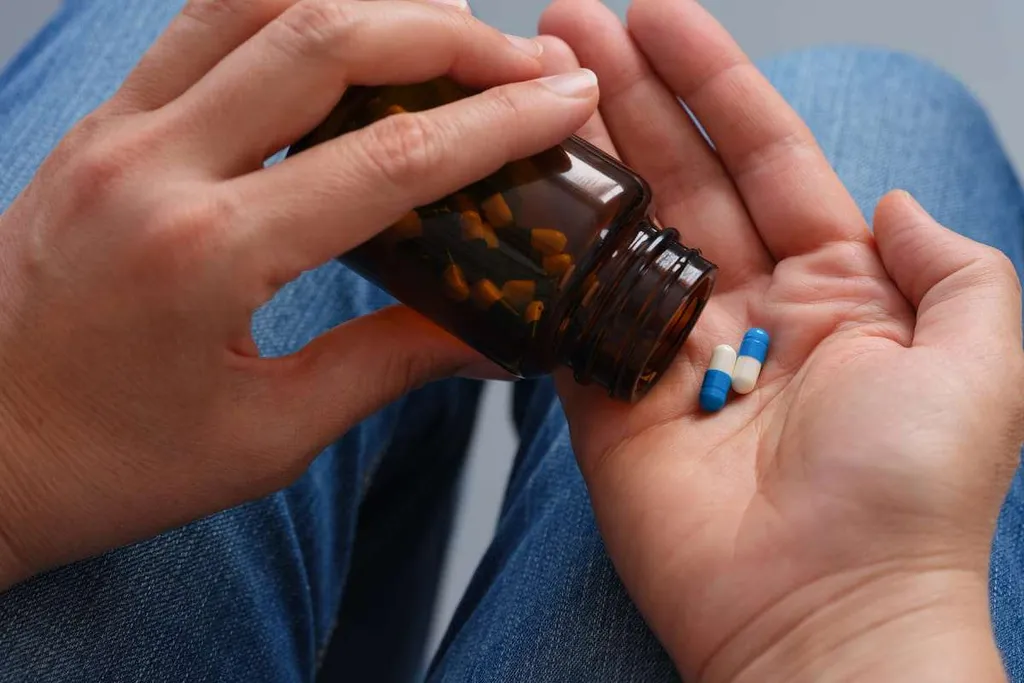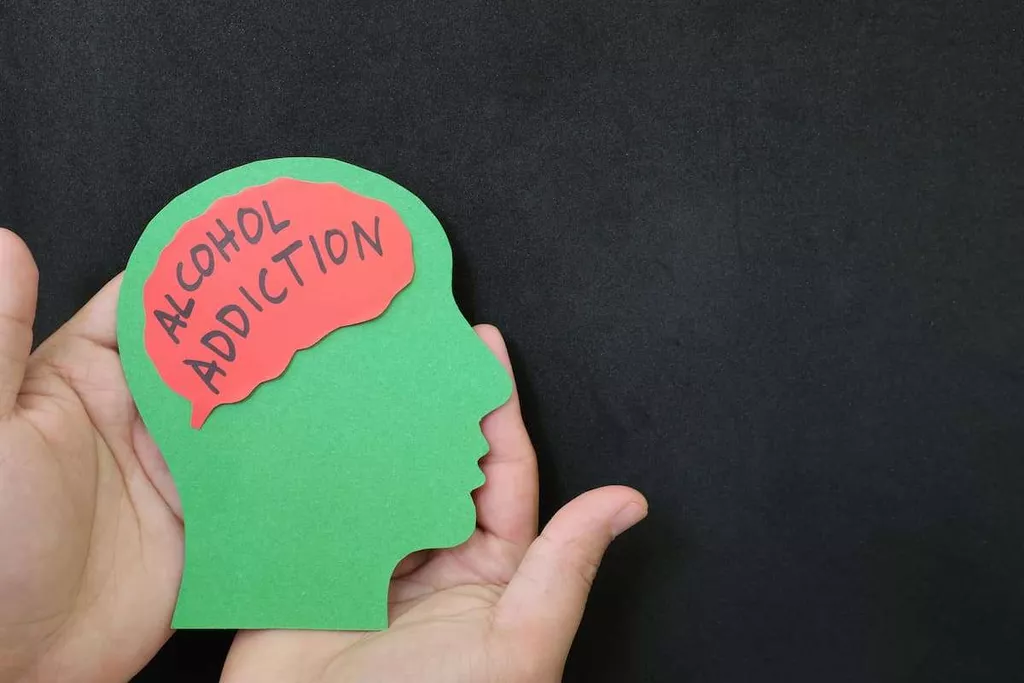Most Common Relapse Triggers and How to Manage Them

It also provides the skills to change your behavior and avoid misusing substances again. Cognitive behavioral skills refer to your ability to recognize thought patterns influencing your emotions and determining your behavior. You might be worried that this distraction tactic might come across as rude if you’re out in public. There’s nothing rude about taking care of yourself and avoiding triggers that could lead to a relapse.
Educational Components and Evidence Supporting Sober Living’s Effectiveness
Mental signs include obsessive thoughts about substance use, rationalizing or glamorizing past use, and lying or bargaining about relapse. Mental relapse is characterized by obsessive thoughts about substance use, cravings, and mental planning of a return to old habits. Individuals might find themselves glamorizing past use or downplaying the risks involved. Together, these therapies form the core of a treatment plan that isn’t just about quitting meth—it’s about building a life you’re excited to live. You can make it easier on yourself to live with a gambling addiction if you identify your gambling triggers and stay away from them.

Dormancy-Driving Transcription Factors in Breast Cancer: A Key to Understanding Tumor Relapse
There are two main types of triggers to be aware of — internal triggers and external triggers. External triggers are often easier to identify, as they are people, places, things and activities that make someone want to use drugs or alcohol again. Internal triggers can be more difficult to identify as they are feelings that are often complex. Alcohol is particularly difficult because so many people view drinking as normal, and it can crop up in unexpected places like office parties or even a neighborhood potluck.
- However, the glycan can interact with a triazoloquinazolinone derivative in a folded conformation to stabilize the drug-TIM-3 complex.
- TAM-derived ROS (such as H2O2) can directly inhibit T-cell function by downregulating the CD3ζ chain of the T-cell receptor, thereby impairing T-cell activation.
- Exercise can boost mood and physical health, while hobbies like art, music, or cooking provide constructive ways to cope with stress and fill free time.
- The increased expression of co-stimulatory molecules and pro-inflammatory cytokines in these tumors supports a more potent immune response against tumor cells 20, 32.
- Relapse is one of the most significant concerns for individuals in addiction recovery, and it can be even more complex when a couple is going through inpatient rehab together.
- Interestingly, dendritic cells, NK cells, and monocytes showed minimal differences between cold and hot tumors, suggesting these cells could be targeted to boost immune activation further (Fig. 2B).
Treatment Programs

The final stage is physical relapse, where the person resumes substance use, often without prior awareness or planning. This stage is particularly dangerous because the individual might feel they have regained control, leading to potential overdose risk. Your healthcare provider, relapse triggers list loved ones and support groups can all help you stay safe and feel more in control of your feelings and thoughts. This might be a one-time slip-up or a more continual return to using drugs or alcohol. Co-occurring mental illnessesare common in people with substance abuse disorders.

- A quantitative proteomic analysis of N-linked glycoproteins revealed notable remodeling of the surface and glycoproteome in breast epithelial cell lines.
- These and other challenges can lead to stress and anxiety that may trigger a relapse.
- By managing pain effectively without resorting to addictive substances, you can maintain your recovery and avoid relapse.
- Loss of control indicates a diminished ability to regulate or limit substance use or behaviors.
- L-ICON, a second-generation immunoconjugate that targets TF, has shown enhanced efficacy against TNBC cells in antibody immunotherapy; however, its effectiveness is compromised by NK cells.
This plan can include coping skills, emergency contacts, and visualization techniques like playing the tape through to imagine potential challenges and responses. Maintaining a healthy lifestyle with good nutrition, exercise, and sufficient sleep enhances resilience. Overall, staying vigilant and proactive helps individuals navigate early recovery challenges and sustain long-term sobriety. In conclusion, understanding and managing relapse triggers are crucial elements of a successful addiction recovery journey from relapse.
We must be aware of these potential triggers to maintain our recovery journey and stay on the path of sobriety. This could include avoiding certain people or places or engaging in activities that help to distract. Emotional turmoil is a set of intense emotions such as sadness, depression, and anger, which can be a trigger for an emotional relapse. Negative emotions like sadness, depression, guilt, loneliness, and anger can all be potential triggers for relapse.

Incorporating the four C’s into treatment provides a comprehensive framework, emphasizing the importance of understanding and modifying core addictive behaviors. It guides both clinical intervention and self-management efforts, fostering resilience and sustained sobriety. A critical component is developing self-awareness—being mindful of emotional states and recognizing triggers that may lead to relapse. Emotion regulation skills, like pausing before reacting, practicing gratitude, and reframing negative thoughts, help in managing difficult feelings. alcohol rehab Finally, practicing self-care behaviors—such as eating nutritious foods, staying hydrated, and setting routines—fortifies overall resilience.
Negative consequences, such as health deterioration, legal issues, or strained relationships, may continue despite awareness of the harm, highlighting a loss of control. Please note that Budget and the Bees has financial relationships with some of the merchants mentioned here. Budget and the Bees is funded by banner advertising, commission sales and search optimization consulting. Recovery can feel isolating, but knowing they have unwavering support makes a difference.
Archstone Behavioral Health Addiction Treatment Center is dedicated to providing comprehensive and effective residential treatment for individuals seeking recovery from addiction. We recognize the profound significance of residential treatment in the journey toward long-term sobriety and overall well-being. That is why our detox facilities in Florida https://ecosoberhouse.com/ offer a supportive and structured environment where you will receive the necessary care, therapy, and resources to address the complexities of addiction. Reach out to learn more about the various aspects of our residential treatment program and understand the importance of this modality in promoting lasting recovery and a brighter future.
